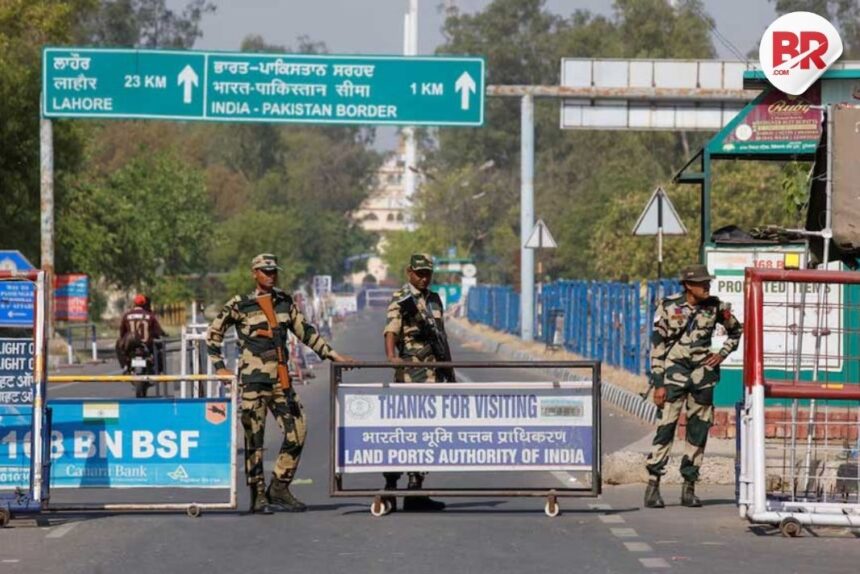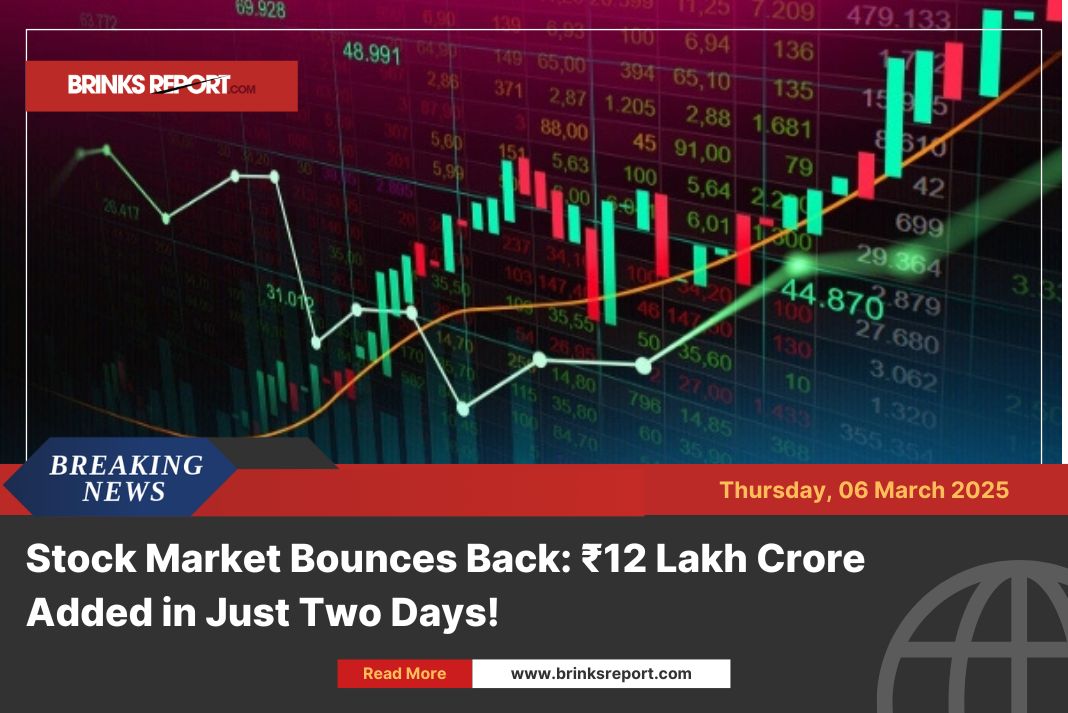
India has officially banned all imports from Pakistan following the recent terror attack in Pahalgam, Jammu and Kashmir. This move marks the sharpest diplomatic and economic response yet, signaling India’s hardened stance on cross-border terrorism.
What This Means for Indians
This is not just another trade decision—this is India drawing a red line.
After the brutal attack in Pahalgam, allegedly carried out by Pakistan-backed militants, public anger has surged. From the common citizen to policymakers in Delhi, the sentiment is clear: enough is enough.

So, what does this mean for the average Indian?
For most people, not much changes overnight. Trade with Pakistan has been minimal in recent years, especially after the Pulwama attack in 2019, when India revoked Pakistan’s Most Favored Nation status.
But certain goods—like cement, rock salt, and textiles—still trickled across the border. That door is now shut.
For Businesses, It’s Time to Pivot
Traders and industries that dealt with niche Pakistani imports will need to find alternate suppliers. That could mean temporary price hikes or disruptions in sourcing specific raw materials.
Still, given India’s vast and diversified trade network, this adjustment will likely be short-term. If anything, this ban might spur local alternatives or boost imports from friendlier nations.
India bans direct or indirect imports from Pakistan with immediate effect. pic.twitter.com/kS45jf7Xf6
— All India Radio News (@airnewsalerts) May 3, 2025
For Pakistan, The Pain Runs Deeper
For Pakistan, this isn’t just symbolic—it’s economic.
Exporters already struggling with inflation, rising debt, and currency devaluation now face another blow.
The Indian market, even if smaller than before, provided critical foreign exchange and employment to certain sectors.
In short: India pulled the plug, and Pakistan’s economic circuit flickered.
Beyond Trade: A Strategic Strike
This move is less about trade and more about principle. India is telling Pakistan—and the world—that its patience with state-sponsored terrorism has run out.
No bullets were fired. No soldiers mobilized. But make no mistake: this import ban is a strategic strike.
It sends a message: if you sponsor terror, don’t expect economic courtesy.
Also Read Vance’s Pakistan Stance: Is America Still Playing Softball With Terror?
A Pattern, Not a One-Off
This isn’t India’s first economic response to terror. In 2016 after the Uri attack, and again in 2019 after Pulwama, New Delhi flexed its trade muscle. Tariffs were raised. Diplomatic ties were cooled.
But this time, the action is total. No imports means no excuses.
According to Observer Research Foundation, India-Pakistan trade peaked at around $2.6 billion in 2018 but fell drastically post-Pulwama. This final move slams the door shut on even that dwindling exchange.
Will Dialogue Return?
That depends entirely on Islamabad.
If Pakistan wants peace, it must act—not talk—on terror. Words don’t stop bullets, and smiles at summits don’t bring back the dead.
Until then, India is done playing nice. The trade route is closed. The message is open and loud.
Also Read Ninth Night of Ceasefire Violations: What Is Pakistan Really Trying to Do?












